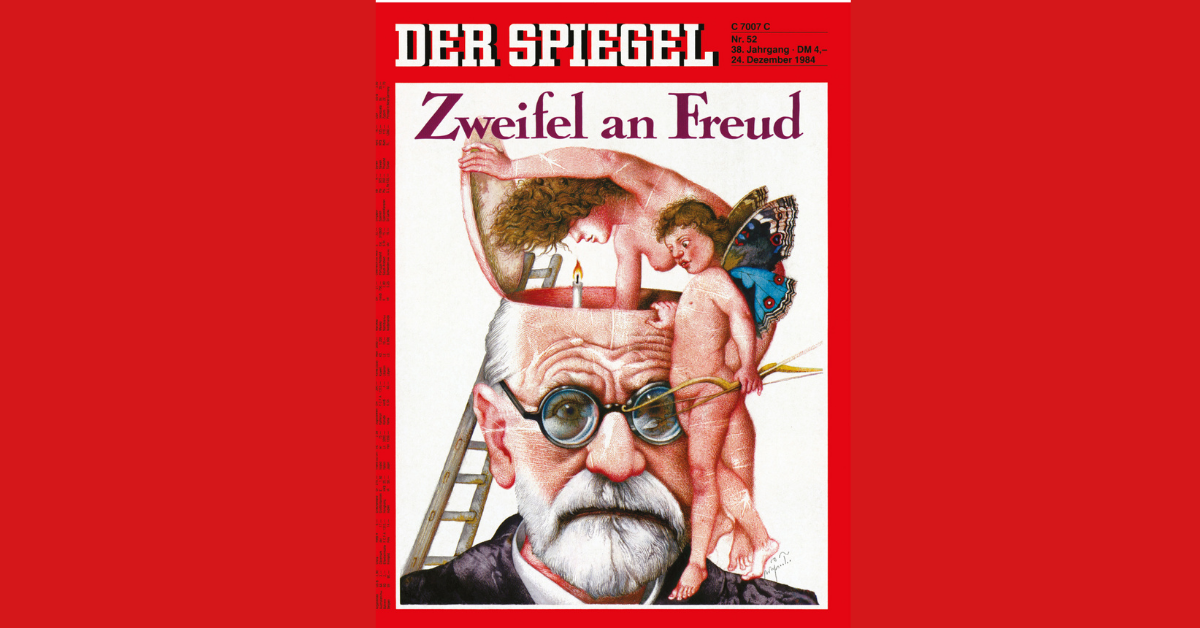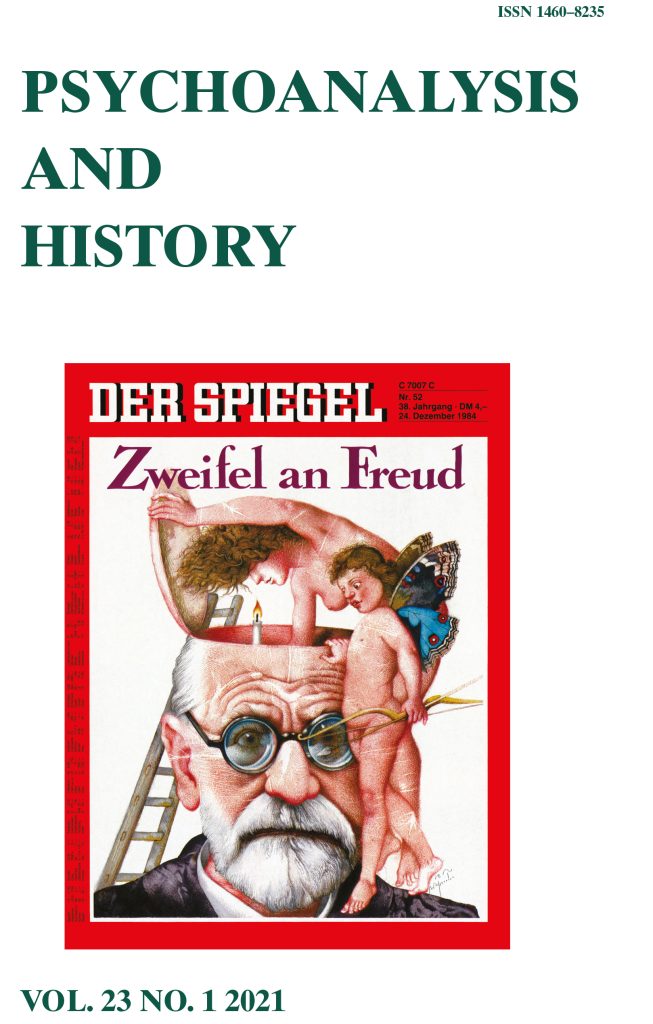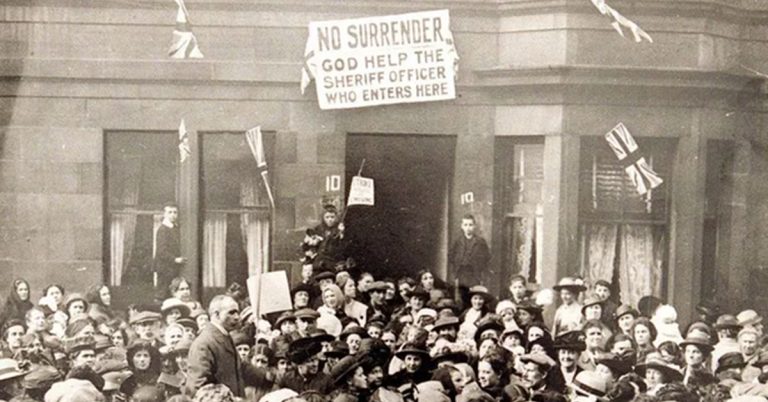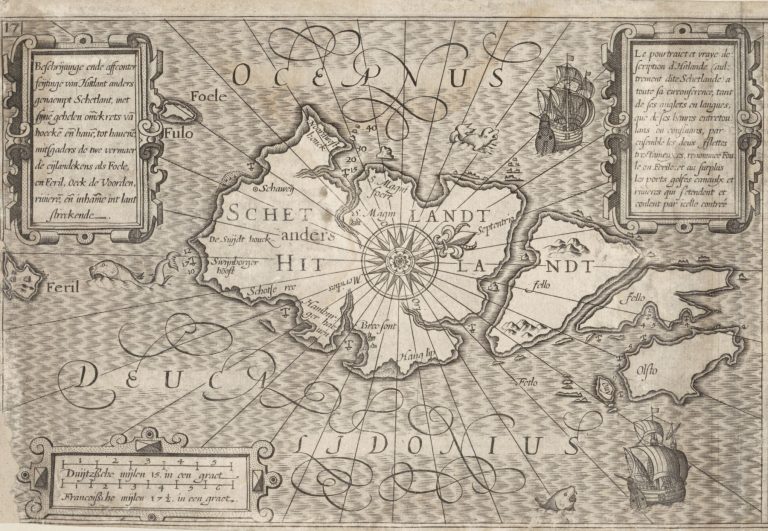
By Patrick Henze-Lindhorst
Stubborn, a loving mentor and dedicated therapist, and an acutely perceptive authority on countless political and theoretical issues: The psychoanalytically oriented psychologist, sexuality researcher, and psychosomatics specialist Sophinette Becker shaped the renowned Institute for Sexual Science at the Goethe University in Frankfurt am Main – not least as one of the first women at the institute – and (after its doors were, dismayingly, shut by the university in 2006) kept the sexual medicine outpatient clinic alive until 2011. In her own practice, she continued to counsel numerous transgender individuals, whom she accompanied in their transition process with the help of her decades of experience. Never tiring of thinking, writing and working, she published widely, took up sexual-political debates (on bisexuality, on HIV prevention, on female perversion, on sexual abuse and its sequelae) and with her lectures and seminars invited sometimes controversial discussions. It is thrilling that her work is now finally getting the exposure in the Anglophone world it has long deserved with a special tribute section dedicated to her in the latest issue of the journal Psychoanalysis and History 23.1 (2021).
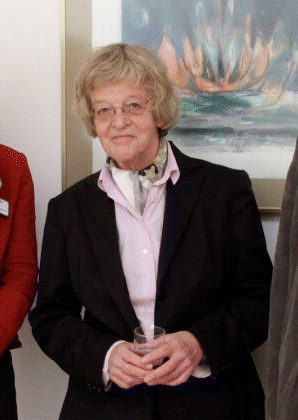
To call the thoughts of Sophinette Becker published in the current issue of Psychoanalysis and History “new” may not be formally accurate, if one is merely looking at the time of their first publication (1987-1989), but the insights they bring remain all too pertinent to our present in 2021. They illustrate magnificently a peculiar and important strand in the writing of a certain generation of critical thinkers in (West) Germany, at the epicenter of which stood the Institute for Sexual Science, a pillar of dialectical thinking, socio-critical and empirical research.
The co-editor Dagmar Herzog with her own sensitivity, herself scientifically and through her research connected with the environment of Sophinette Becker – including the friendships and professional ties they both had with Martin Dannecker, Reimut Reiche, or the recently deceased sexologist and psychoanalyst Herbert Gschwind – dedicates an introductory contribution to Becker in her dual roles as psychoanalyst and as Frankfurt School- (especially Adorno-)influenced theorist. Herzog connects Becker’s work with present currents in psychoanalysis, sexuality studies, and queer theory, with particular attention to the entanglement of social constraints and material conditions with the inner conflicts of the subject. Entertained with references to Becker’s biographical details and tracing her scientific as well as therapeutic career, the English-speaking audience is likely to be – rightly! – all the more eager to read the texts that follow Herzog’s introduction.
Becker’s ways of thinking should be regularly revived, updated and incorporated into current work in psychoanalysis and sexology alike – that’s what went through my mind while reading her three (co-authored) contributions translated here. Major thematic strands are brought into focus and the (sexual-)political discourse of the late 1980s in West Germany is turned on its head, read psychoanalytically against the grain, as it were, used to examine symptomatically the then-prevailing social views and reflexes: Holocaust legacies and memory politics, HIV/AIDS, and the role of the psychoanalyst in society. In the latter piece, Sophinette Becker joins Hans Becker (a psychoanalyst colleague) in discussing the analyst’s ambivalent role vis-à-vis political issues, which she describes as sometimes filled with bigotry – steering safely away from most critical commentary on the political field while not being so particular about this neutrality when ingratiating oneself with the state (or even its military). On the other hand, since the beginning of the HIV/AIDS epidemic, Sophinette Becker has never shied away from a critical perspective both on the idealization of the victims (in some quarters) and the harsh (anti-gay) attitudes of the society of the time and many of its politicians. In addition, she denounced the socio-political continuities of the Federal Republic since National Socialism in an unmistakably clear manner – and another of the essays included here, ‘The Legend of Overcoming the Unbearable’ (also co-authored with Hans Becker) offers a brilliant interpretation of Niklas Frank’s autobiographical grappling with his role as the son of Hans Frank, Governor-General of Nazi-occupied Poland, deeply enmeshed in the Holocaust of European Jewry.
Through the detailed commentary on Becker’s contributions, they can be read both as historical documents and as theoretical inspirations for our present. Furthermore, the selected texts offer historicizing insights into metapsychology, and the precise value of psychoanalytic vocabulary, with special attention to object relations theory and Melanie Klein’s contributions on defence mechanisms and not least the threats of persecutory objects.
With its translation and republication of Becker’s texts, this issue of Psychoanalysis and History has succeeded in doing two important things. First, it has made historically significant data – the texts themselves – available also to the English-reading professional world, something that is far too often neglected, not least in Germany. And at the same time, it brings thinking along both intrapsychic and social-conflictual lines, which is so characteristic for Sophinette Becker’s contributions, closer to the readers and thus offers incentives for their actualization and ongoing current use.
Psychoanalysis and History is devoted both to the study of the history of psychoanalysis and the application of psychoanalytic ideas to historiography, forming a bridge between the academic study of history and psychoanalysis. Recent special issues have covered topics such as: anti-authoritarian psychoanalysis, cognitive disability, the Budapest School, psychoanalysis and the Middle East, John Forrester and Freudian theory. Find out how to subscribe, or recommend to your library.
Banner image credit: Cover of Der Spiegel magazine, Nr. 52, 24 December 1984, reproduced with kind permission from Spiegel-Verlag. Illustration by the artist Michael Mathias Prechtl.


